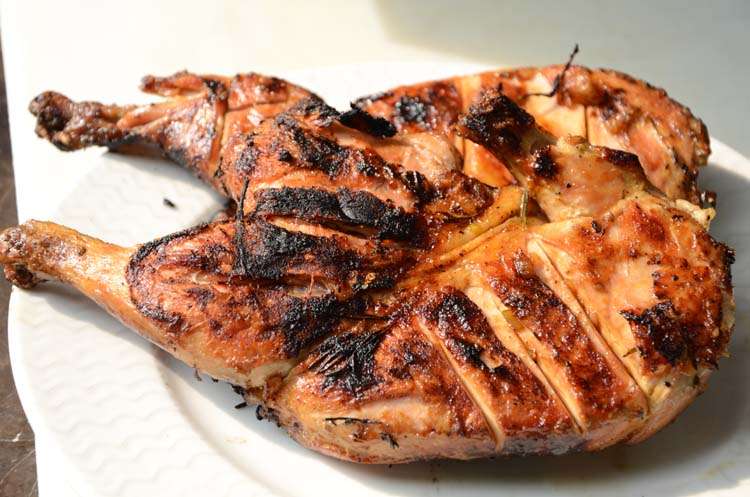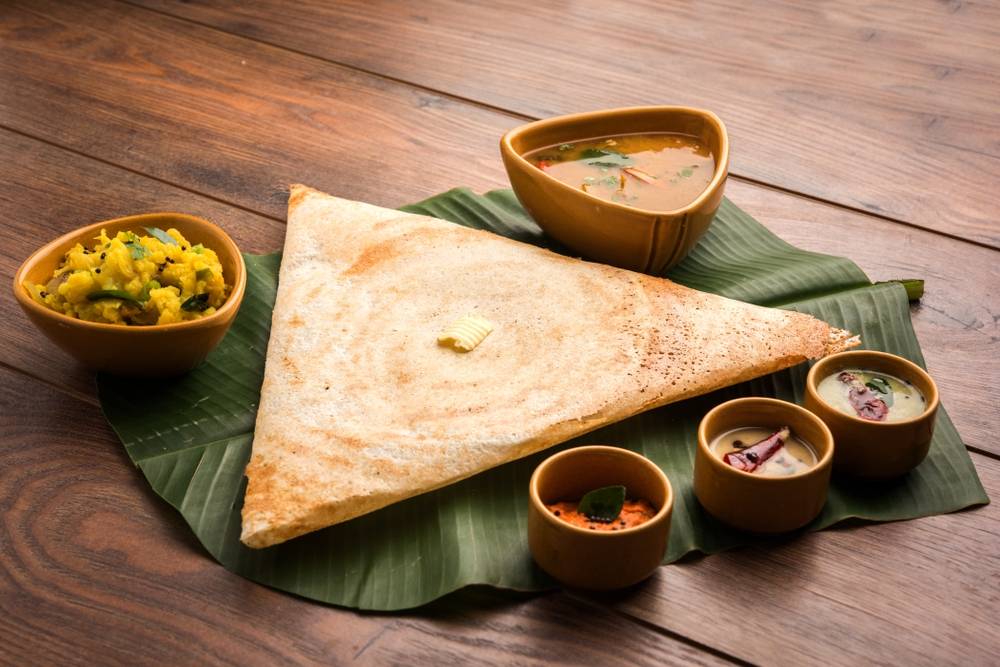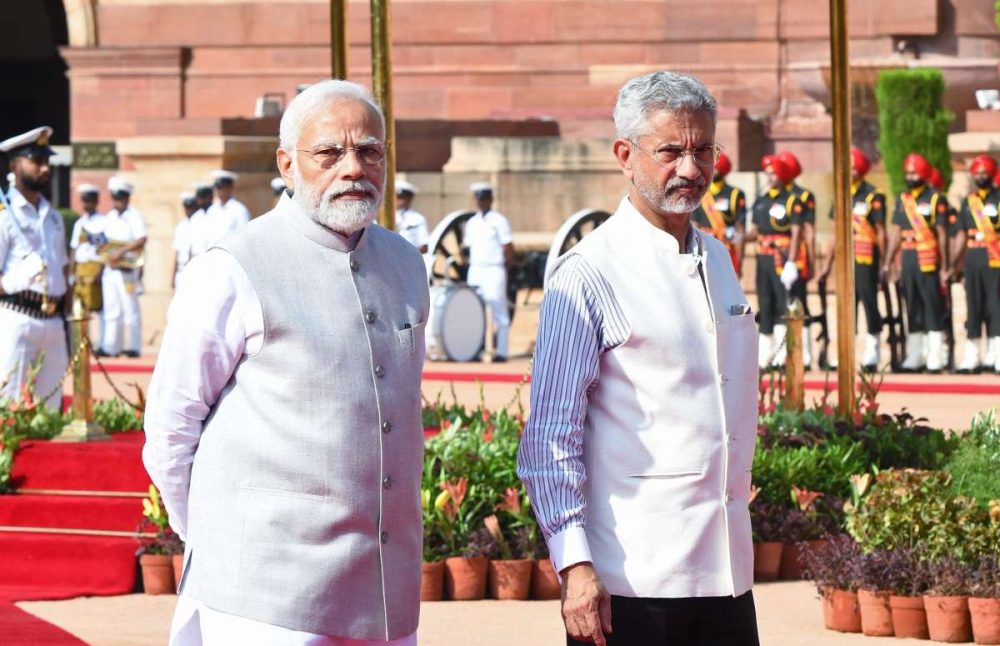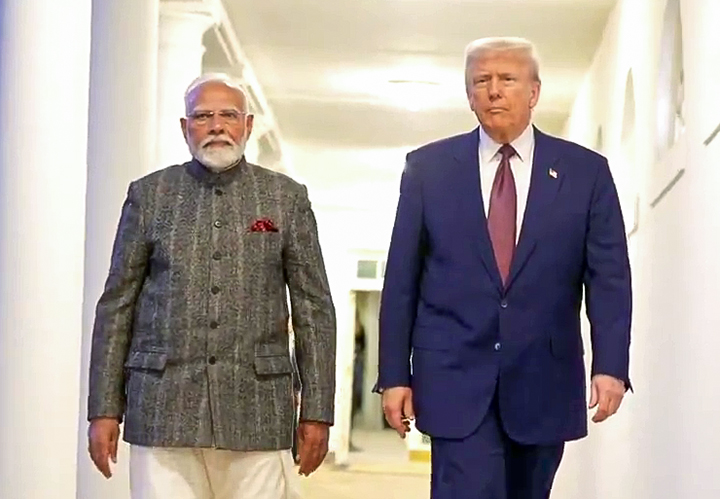An Observer Research Foundation study published in October last year noted that protein considered the building blocks’ of health is not only lacking in the Indian diet, but often overlooked…reports Mahua Venkatesh
Indians, typically known to be protein deficient, are now increasing consumption of food rich in the nutrient as the outbreak of the Covid 19 pandemic hit all corners of the country. In the last one year, demand for poultry chicken and eggs among other things has significantly gone up. Rough estimates suggest that consumption of protein-based food items including poultry has risen by 15 per cent.
The medical fraternity has prescribed an increase in protein intake to combat the deadly virus. Deficiency in protein is a health hazard that India has been facing for long.
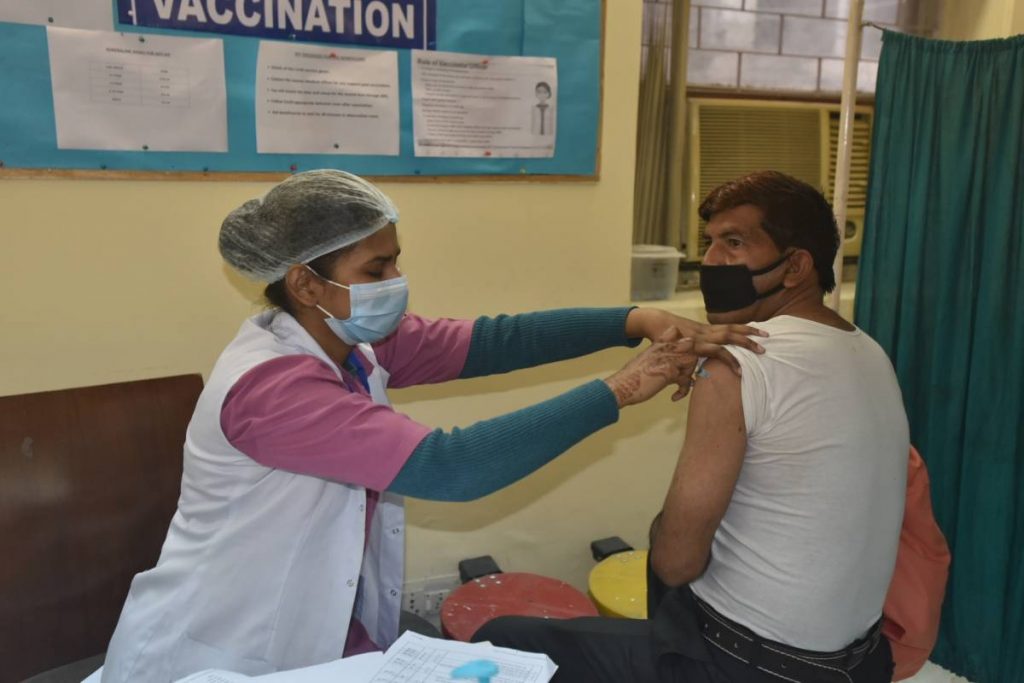
Poultry, which includes broiler and eggs rich in protein and minerals, such as iron, selenium, zinc, and B vitamins– is one of the fastest growing segments of the overall agricultural sector in the country. Plant based sources of proteins primarily comprise pulses and vegetables.
The pandemic has had an impact on food habits while increasing awareness levels, analysts said.

While researches have shown that intake of protein is typically linked with higher income levels, the consumption and demand for the important nutrient has gone up with the outbreak of the pandemic, despite income losses.
An Observer Research Foundation study published in October last year noted that protein considered the building blocks’ of health is not only lacking in the Indian diet, but often overlooked.
The study added that India’s protein consumption is much lower than the 48 gms/day that is recommended by the Indian Council of Medical Research (ICMR). The recommended dietary allowance of protein for an average Indian adult is 0.8 to 1 gm per kg body weight, however, the average intake is about 0.6 gm per kg body weight.
“While crop production has witnessed around 1.5 to 2 per cent annual growth rate in the last decade, eggs and broilers segments have been rising at a rate of 7-10 per cent annually,” Ricky Thapar, treasurer, Poultry Federation of India, told India Narrative.

“There has been sustained demand for poultry items, online sales and home delivery of chicken and eggs has increased despite lockdown. Though in house at hotels and restaurants have stopped due to localised restrictions and lockdowns, demand has not been dented as home consumption has significantly risen,” Thapar pointed out.
Chicken is also considered healthier compared to other meats. While fish is also rich in protein and omega 3 besides other nutrients, it is relatively more expensive.
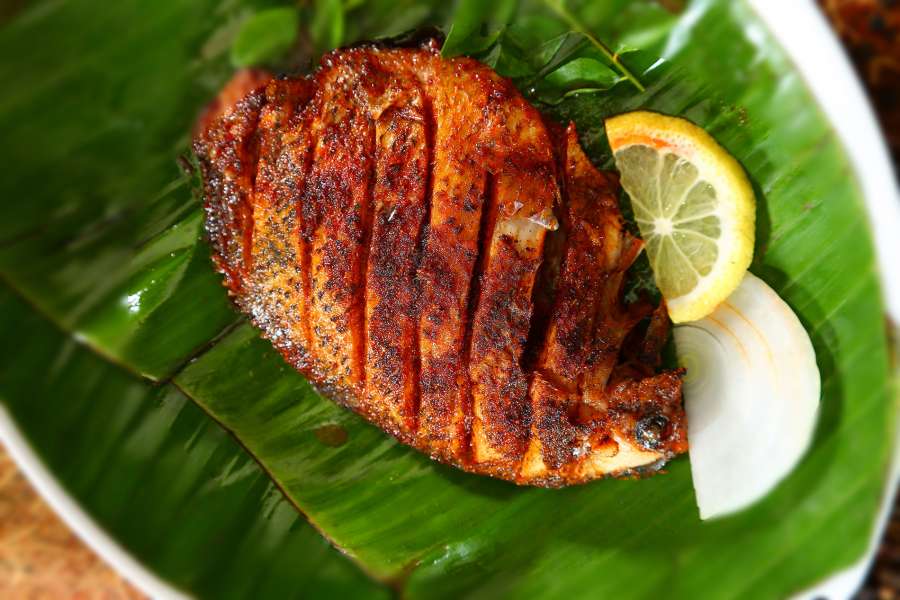
Earlier, in 2017 the Indian Market Research Bureau, in one of its surveys said that 73 per cent of Indians are deficient in protein while above 90 percent are unaware of the daily requirement of protein.
ALSO READ-France considering tighter curbs for UK tourists
READ MORE-New cases drop to month’s lowest as deaths cross 3L


